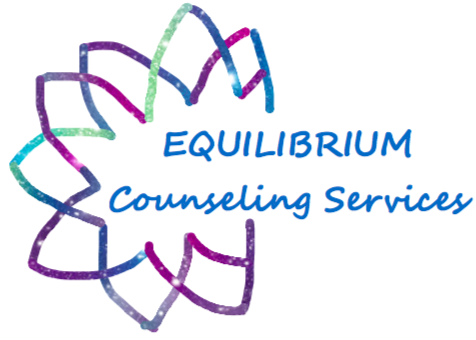Tackling your Inner Bully with Self-Compassion
What would you do if someone you cared about told you they have a bully? You'd probably be quick to respond with compassion because you can imagine how hurtful a bully can be. Maybe you'd say, “That's not true, don't listen to them!” What if it was happening to you? Why does it seem much more challenging to be kind to ourselves than a friend? When things go wrong for you, do you hear a voice in your head saying, "Why did I do that? I'm so dumb” or other harsh statements?
If you struggle with the voice above, that is okay; most people do. That's the inner critic. The inner critic has a purpose (or thinks it does). It tries to keep you safe by alerting you of mistakes. It makes you hold your tongue, apologize-- even if unnecessary, and avoid cringy situations. It also tries to show you a better future by imagining how things could improve next time, but it’s still a bully. Most individuals' inner critic is overactive, exaggerated, and inaccurate. Listening to our inner critic too much leads to shame, anxiety, blame, depression, and low self-esteem, etc., and we become discouraged from achieving our goals or showing our true selves. The inner critic, when overactive, turns into your inner bully.
Thankfully, self-compassion lets us acknowledge that we all make mistakes, or behave irresponsibly, and life is messy enough without saying mean things to ourselves. Self-compassion is the practice of treating yourself with kindness, as you would a friend, and giving yourself what you need to feel better. Self-compassion stands face to face with the inner bully and offers it a hug, not a fight. So where the inner bully says, "Oh man, I am so dumb. I can't believe I messed up," self-compassion says, "Hey, you are doing your best, and that is what matters. Keep going."
Dr. Kristin Neff is an expert and Co-Founder of the Center for Mindful Self-Compassion; she defined three components of self-compassion; self-kindness, common humanity, and mindfulness. By practicing these elements, you grow in awareness, develop a better understanding of yourself, and gain the confidence to face the inherent struggles of life.
Self-kindness is being caring, understanding, and supportive. It is treating ourselves as we would treat a friend or someone we love rather than being self-critical. Self-kindness quiets the voice of our inner bully and allows us to listen to our empathetic and more truthful thoughts. As you practice: Notice when you are hard on yourself. Imagine how you would speak to a friend in the same situation. What would you say?
In moments of distress, we tend to believe that we are the only ones who have ever felt sad, embarrassed, angry, or messed up. Common humanity acknowledges that suffering and imperfection are a human condition and that we are not alone. Although it looks different, we all eventually make mistakes and face challenging circumstances. Removing the mindset that we are the sole sufferer decreases those feelings of isolation and distress. As you practice: Acknowledge that your struggle (the pain, imperfection, judgment from others) is a normal part of the human experience. Allow yourself to imagine being in a room with people or one other person that feels this way too. You are not alone.
Mindfulness creates a broader perspective of clarity on our struggles and self-criticism. Mindfulness is the practice of bringing one's attention to the thoughts, emotions, and sensations in the present moment with intention-- slowing down and observing the experience without judgment. As we observe, we can identify barriers to why we don't feel good about ourselves or our situation. As you practice: Be patient. Sit with the feelings and thoughts without judging yourself - again, talk to yourself as if it were a friend in your exact situation.
As you practice self-compassion, you might find that loving yourself is hard. That's okay if you are a beginner, we all started somewhere. Some of us have grown up in a community or culture where we're not supposed to think of ourselves or focus on our inner experiences or needs. Perhaps we confuse being kind to ourselves with being selfish or conceited. However, being kind to ourselves does not cost us or anyone anything. Self-compassion is not selfish or acting entitled, is not an excuse for lack of accountability or responsibility, and is not harmful to others. There are only perks. When we are self-compassionate, we want to give compassion to others simply because once we get the hang of it, it feels too good not to share.
